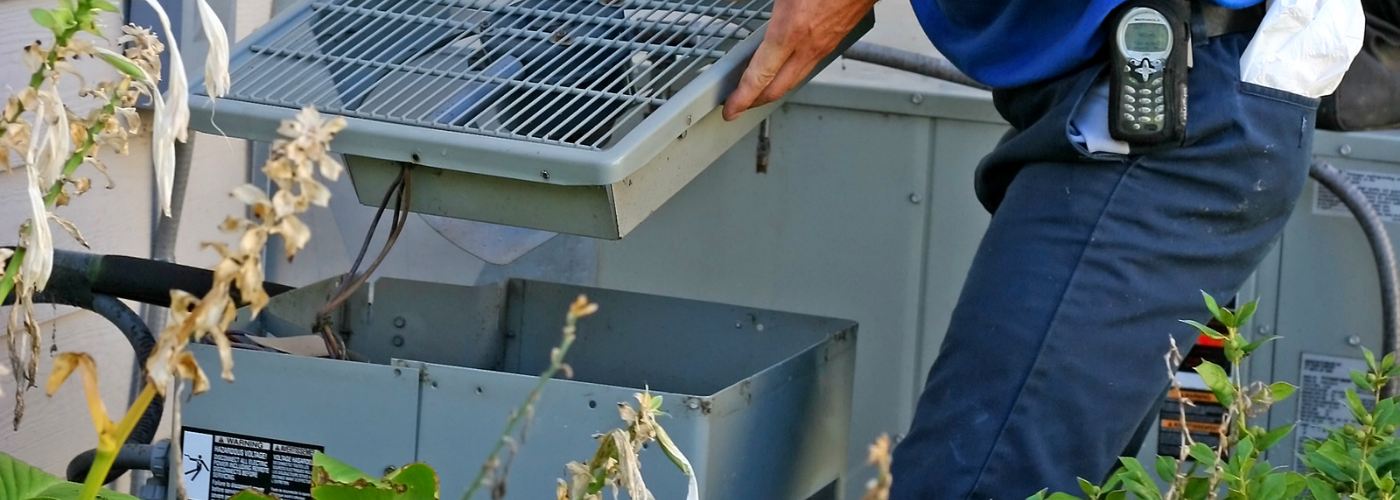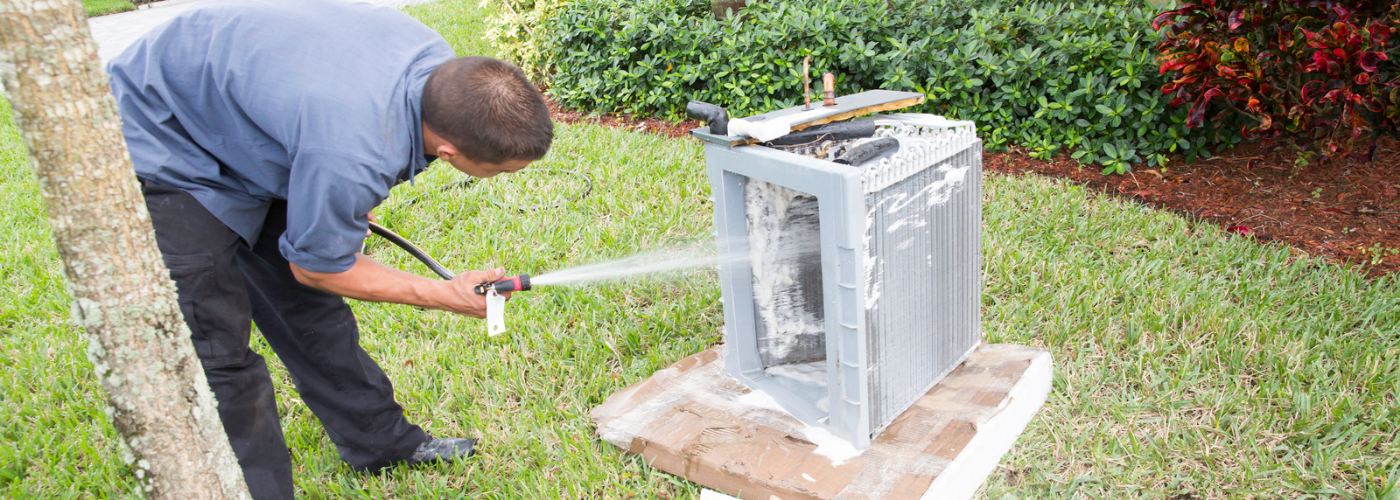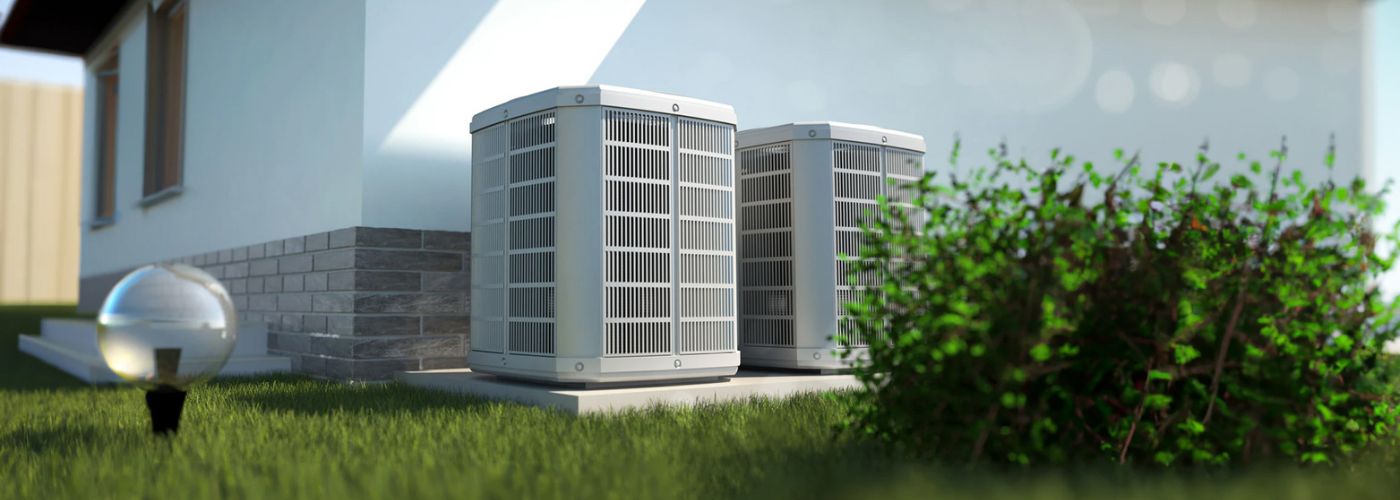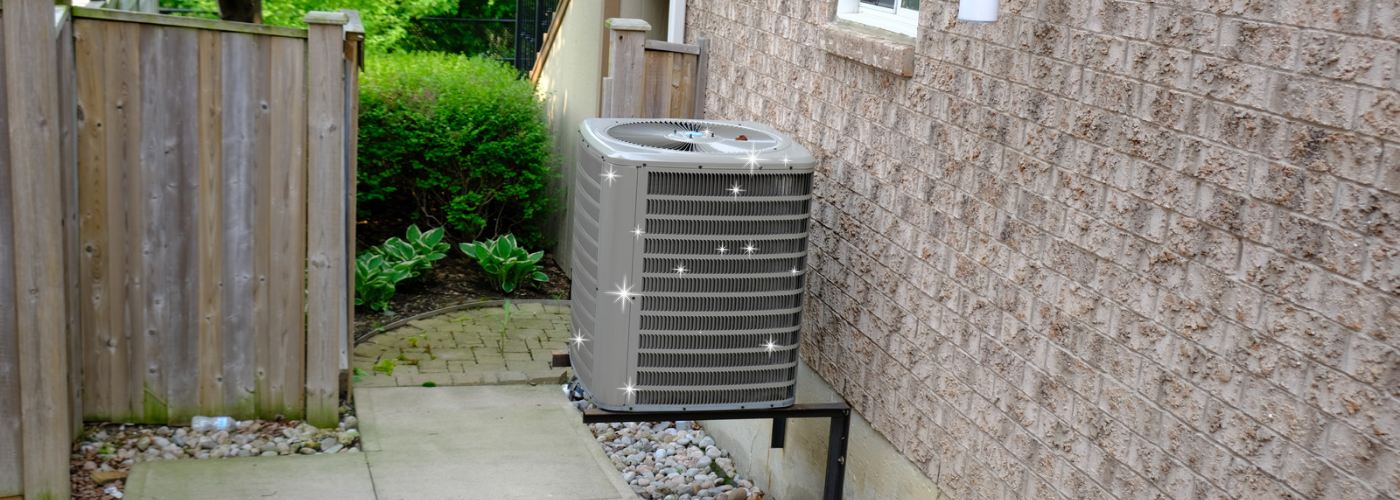When the summer temperatures start to rise, it’s time to think about how to keep your home cool. One thing that can make a huge difference in efficiency and cost savings is making sure that your air conditioner coils are kept clean. But does cleaning AC coils really help?
This blog will evaluate the importance of keeping AC coils clean and how dirty AC coils can affect your home.
Does AC Coil Cleaner Work?
When it comes to air conditioning maintenance, one of the most important tasks is cleaning the coils.
Over time, dirt and debris can accumulate on the coils, reducing their efficiency and potentially causing damage to the system. This is where AC coil cleaners come in – a product designed specifically to clean air conditioner coils.
The question remains: does AC coil cleaner really work? The short answer is yes.
When used correctly, an AC coil cleaner can effectively remove dirt and debris from the coils, restoring their efficiency and prolonging the life of your air conditioning unit.

However, not all coil cleaners are created equal – some may be more effective than others depending on factors such as the type of dirt or debris present on your coils.
Many typically hire an HVAC specialist to clean their AC coils. This gets rid of the need to use any type of AC coil cleaner and doing the service yourself.
Cleaning AC coils can be very complex since it’s extremely important not to damage the HVAC unit.
How Often Should AC Coils Be Cleaned?
One crucial component of AC systems is the coils that help to transfer heat and keep your home cool. However, over time, these coils can become dirty or clogged with debris, which can cause your unit to work less efficiently and even break down entirely.
So, how often should you clean your AC evaporator coils? The answer depends on various factors, such as usage frequency, surrounding environment, climate conditions, and many others. Typically, it is advised to clean your HVAC system twice a year – once before the start of summer and again at the end of it.
However, if you live in an area with high pollen or dust levels or have pets that shed excessively, you may require more frequent cleaning.

Regular maintenance and cleaning of AC coils are essential for keeping your unit running smoothly and efficiently while also extending its lifespan. This is why AC coil cleaning should be part of every AC maintenance plan.
How Long To Let AC Coils Dry After Cleaning?
If you’re using a commercial-grade coil cleaner or have particularly dirty coils, you may need more drying time.
Generally speaking, though, letting your AC coils dry for 24 hours is recommended. This gives ample time for any excess moisture to evaporate and ensures that your unit doesn’t suffer damage from excess water.
It’s also important to note that while waiting for your AC coils to dry can be inconvenient in hot weather, turning your unit back on too soon can cause problems down the line.
It’s better to let your AC dry completely than to damage your AC unit. In fact, not waiting for the unit to dry completely will likely end up costing you more money in air conditioner repairs.
Is AC Coil Cleaner Safe?
Many homeowners are concerned about the safety of using coil cleaners. The good news is that when used correctly, AC coil cleaners are generally safe and effective.

AC coil cleaners come in different types – alkaline, acidic, or neutral – and each type has its own set of advantages and disadvantages.
Alkaline cleaners are great for removing tough stains and grease buildup, while acidic cleaners are ideal for eliminating mineral deposits.
Neutral cleaners strike a balance between the two and can be used on most types of coils without causing damage.
Despite their effectiveness, it’s important to use AC coil cleaners with caution. Always follow the manufacturer’s instructions and wear protective gear such as gloves and goggles when handling these chemicals.
Frequently Asked Questions (FAQ)
Yes. Clean coils allow your AC system to release heat properly, which improves cooling performance and reduces strain on the unit. When coils are covered in dirt or debris, your system has to work harder, leading to higher energy bills and potential breakdowns. Regular coil maintenance keeps your AC running efficiently and helps extend its lifespan.
Most homeowners should plan to have their AC coils cleaned at least twice a year—once before summer and once after. If you live in an area with heavy dust, pollen, or pet hair, you may need more frequent cleanings. Keeping coils clean is an essential part of routine AC maintenance and prevents unnecessary wear on the system.
While light surface cleaning can be done yourself, deep coil cleaning is best handled by a licensed HVAC technician. DIY cleaning can risk bending delicate fins or damaging internal components if not done carefully. Professionals use the right tools and solutions to clean coils safely and thoroughly, ensuring your system stays protected and performs at its best.
